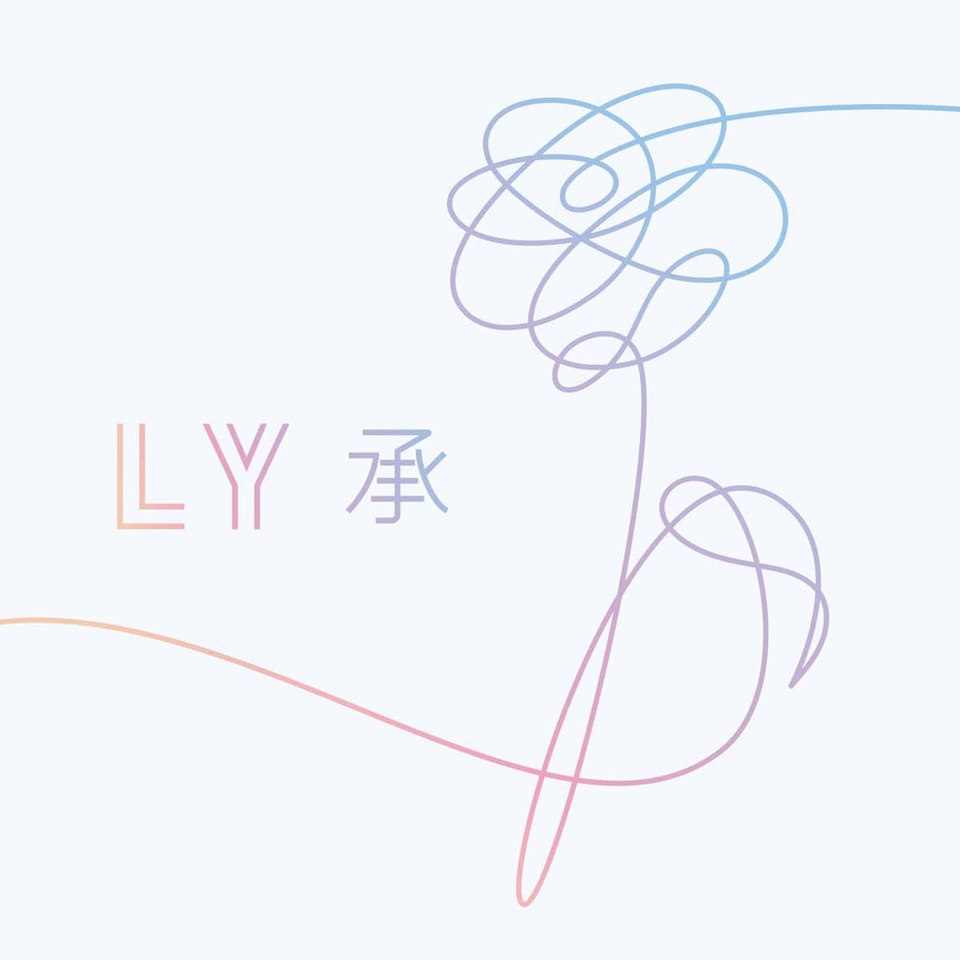

Based in Korea, BTS consists of seven members: Jin, J-Hope, Rap Monster, Suga, Jimin, V and Jungkook.
By Leah Devorak | Editor-in-Chief
10/12/17
Eleven albums later, somehow, this group never gets old.
In mid-September, BTS dropped its first release, Love Yourself: ‘Her,’ since experiencing the most successful year of its career. The Korean group won a Billboard Music Award back in May and has since grown its online presence by garnering just under 9 million followers on Twitter and scoring collaborations with renowned artists such as Steve Aoki and The Chainsmokers.
All this newfound success can be strongly felt throughout the entire new album. The group has turned its usually fantastic writing and composing skills up a notch to make Love Yourself its best album yet.
Love Yourself is a little more mainstream electropop than BTS usually goes for, making it somewhat disappointing at first. However, after subsequent listens, it is easy to realize that the group’s unique sound has merely evolved rather than been sold out for more hits, plays and purchases.
BTS may utilize sounds, structures, beats and rhythms that are becoming very common in mainstream music, but the album’s songs are layered and combined in such clever, fresh ways that, despite recognizing a few elements from other works of late, they come together to create an experience never felt before. It’s genuine musical genius that the boys have made, and it makes listening to Love Yourself never get old.
One song that exemplifies this phenomenon is the album’s intro, “Serendipity.” The strongest start to any BTS album yet, this song has no distinct structure, instead using the track’s whimsical music and vocalist Park Ji-min’s delicate voice to build up to a powerful climax that gives listeners goosebumps.
“Best of Me,” the album’s third track as well as the aforementioned collaboration with The Chainsmokers, is one of Love Yourself’s catchiest songs. But despite being a clear party hit that follows a very familiar electropop formula regarding composition, its sound is somehow unlike anything else out there now, making it wonderfully pleasing to the ear each time it comes on.
Two other noteworthy tracks on the album are “dimple” and “Go Go.” They may start out fairly simple, but their choruses change the songs’ rhythms in such drastic, unique ways that they single-handedly redeem them from being forgotten in the rest of the album’s greatness.
The lyrics on Love Yourself are good, too (if you can understand Korean or look them up, of course). About half the album takes the boys’ experiences with love over the past few years and puts them under a microscope in order to deeply and maturely dissect them, discussing not only their meaning but also their effects on their lives. The other half is a continuation of the group’s usual contemplation of its place in the world, its goal in life and how it is dealing with all of its success, topics that the group always ponders insightfully.
However, there are a few cheesy moments in the lyrics that may turn off individuals new to the group or to the world of Korean music — instances like calling someone “illegirl” because her dimples are “illegal.” However, these cases are simply misunderstandings caused by language barriers that must be embraced as unavoidable rather than deemed as flaws. And because most of the English gets lost in all the Korean, it’s highly likely that the weird lyrics will be entirely ignored anyway.
One slight disappointment is that BTS’ rap roots are almost entirely forgotten in this album. Granted, “MIC Drop” is an incredible, atypical rap that pays serious homage to this heritage, but it is the only song from the genre on the album. This has never happened before with BTS, and while it is great for a group to evolve as its members grow, it’s also been a tradition of the group to never forget where they started and always have a least a few raps on each album.
This small deviation sort of makes one wonder if BTS will soon pull entirely out of the genre that got the group started all together. The group’s raps have always been phenomenal, and the thought of a world with no more from them just puts a damper on every fan’s day.
Regardless, Love Yourself is an otherwise stellar work, and for the first time in the group’s history, it’s is actually gaining international recognition. All this appreciation from the group’s last four years of insanely hard work is finally paying off. It’s well-deserved, as Love Yourself is by far the most well-rounded, wholesome thing BTS has ever produced, and it foreshadows even greater things in the future as this up-and-coming group continues to develop.




